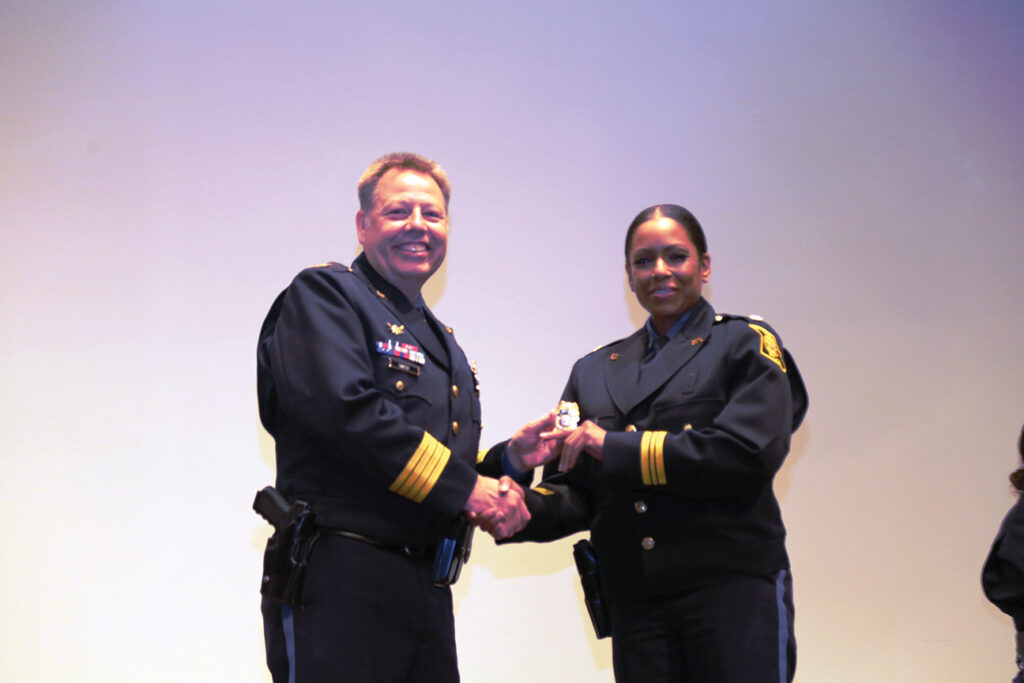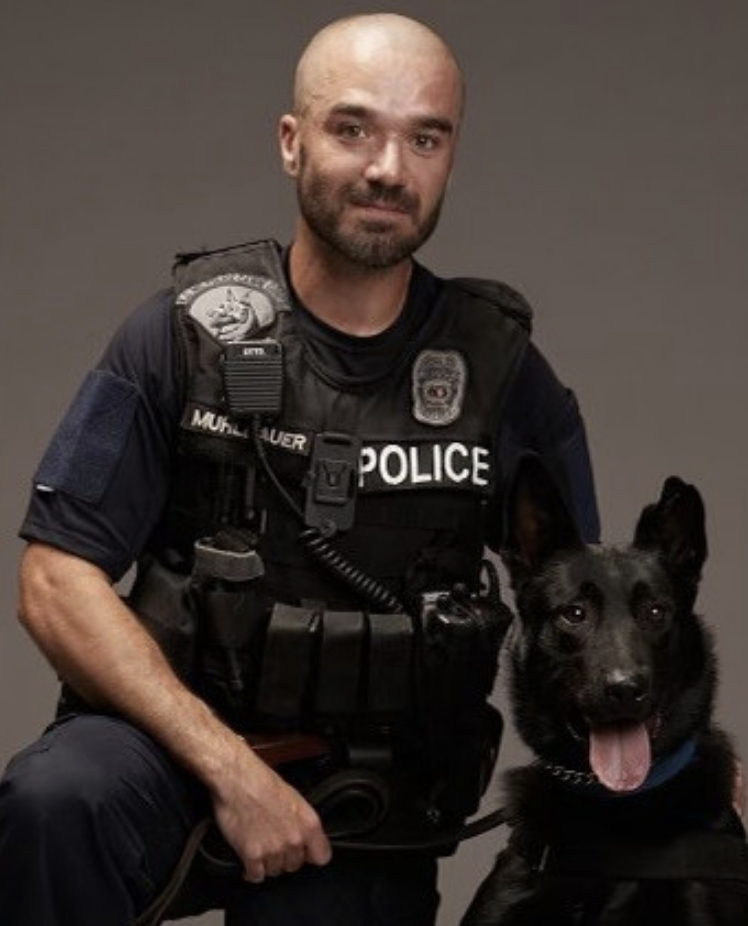
Abby Hoover
Managing Editor
The Kansas City Police Department announced the creation of a new Community Engagement Division last week.
The division will oversee KCPD’s social workers, community interaction officers, crisis intervention team, crime-free multi-housing officers, chaplains, and a new LGBTQ+ liaison officer.
Interim Chief Joseph Mabin selected Major Kari Thompson, who was most recently major at the East Patrol, to lead the division.
“Between our police officers and civilian employees, KCPD has nearly 1,700 department members who serve Kansas City every day and make it a better place to live,” Mabin wrote in his blog on December 12. “I am proud of this department. Still, we can be better. We can serve better, and that is why I have authorized the creation of a new Community Engagement Division effective [December] 11.”
This division will better utilize the people and resources that already exist to contribute to Kansas City’s well-being while still working out of individual patrol divisions, Mabin said.
“It will unify services we provide that once functioned within their own silos,” he wrote. “Now, they will be intertwined, helping us communicate better and streamline resources. This will ultimately provide better service to our residents and businesses.”
“Officers already engage with our community each day, yet this new division is here to show and remind residents that we’re making the effort to strengthen our community bonds and improve all our relationships,” Mabin said.
“Our CIT officers are experts at serving people with mental illnesses, working hand-in-hand with mental health liaisons at treatment centers,” Mabin said. “Our social workers connect those in need with resources when law enforcement is not necessary. Our CFMH officers work with landlords and tenants at rental properties to reduce crime and create safer neighborhoods. In countless ways, the Community Engagement Division will meet people where they are with care and concern. Moving forward, they’ll do all of this united with a deliberate focus and guidance.”
The chief looks forward to watching this new division serve Kansas City, adding that it will improve the department’s efficiency to ultimately better serve the needs of the city.
“The Community Engagement Division, wow, something that we are already doing each day, but we are just providing a collectiveness of service, a collective mission, a ‘one band, one sound’ philosophy to increase the service that we’re already providing today,” Thompson said Saturday at East Patrol’s holiday Blue Holiday event.
“We have a diversity officer now, an officer that will be dedicated to our LGBTQIA+ community, a community that is growing in numbers and has a need,” Thompson said. “No longer will there be questions or concerns for safety or, ‘How should they react?’ or, ‘Will they be treated fairly and impartially?’ Absolutely. Officer Alex Saragusa will be our diversity officer and he is working tirelessly with our community to make sure that they are represented and have the information that they need to be safe.”
The division began work officially on December 10.
“We’re meeting and greeting with the members of the division, which includes our Community Interaction Officers (CIO), our Community Action Network (CAN) officers, our Crisis Intervention Team (CIT) officers, our social workers, our chaplaincy and that diversity officer that I just mentioned,” Thompson said.
They are working toward fully staffing the division, and have openings for CIOs and Crime-Free Multi-Housing officers.
“The Crime-Free Multi-Housing officers work at our division stations with the apartment building managers and things of that nature,” Thompson said. “So we are still trying to build but we have a good number right now that are already working.”
In May, East Patrol re-staffed CAN officers under Major Thompson.
“[We are] making sure that it’s more intentional, it’s more dedicated, to the needs,” Thompson said. “Each division has various needs that are situationally based for whatever they’re doing, but we want to make sure that we are out here doing more with this intentional mindset.”


















